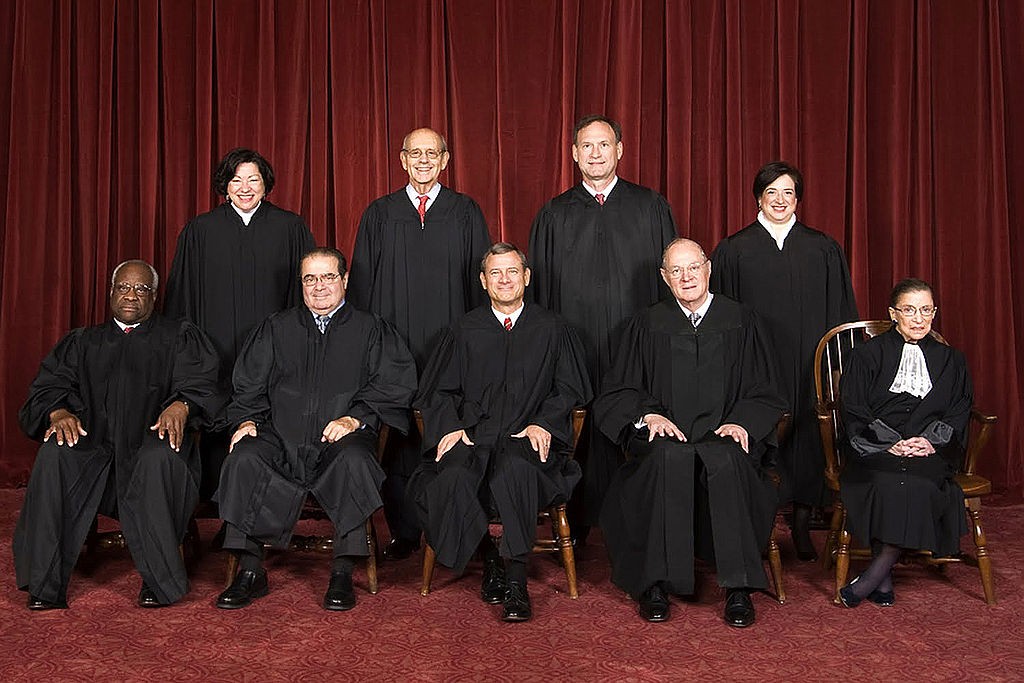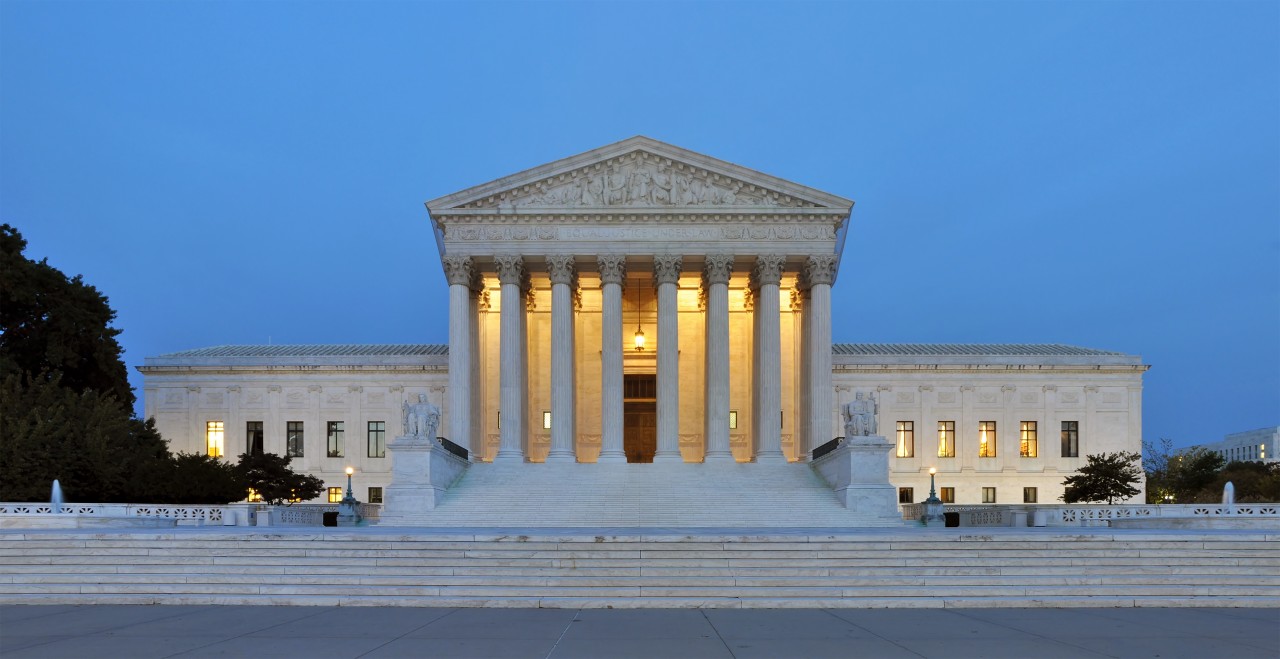The Supreme Court’s decision to legalize gay marriage nation wide will have sweeping impacts, both immediately and in years to come. One of the immediate effects of the 5-4 ruling in favor of universal marriage rights will come in the realm of employment law. The legalization of gay marriage has necessitated policy changes for employers around the country.
The new ruling will have immediate effects on benefits for spouses. Companies that extend spousal benefits, either because of state laws or company policy, will be immediately required to provide equal coverage for same-sex marriage spouses. Employers will need to review health insurance, tax status, and spousal leave options for same-sex married couples in the context of the new ruling.
One specific effect is that companies must extend Family Medical Leave Act (FMLA) benefits to same-sex married couples. FMLA mandates that employers provide up to 12 weeks of leave annually for an employee who is either dealing with a serious medical condition themselves, or caring for an immediate family member (including spouse) with such a condition. Without exception, same-sex couples must now be provided equal benefits.
The ruling clears up what could have been a complicated legal situation for employees and employers alike. Some states had previously legalized same-sex marriage, while others had not—this meant that it was possible for a same-sex couple to be legally married in one state, but receive no spousal benefits if they worked in a state that did not recognize gay marriage.
With the new Supreme Court ruling, there is no lack of clarity—employers must provide same-sex married couples the same rights and access to benefits that heterosexual married couples receive.










